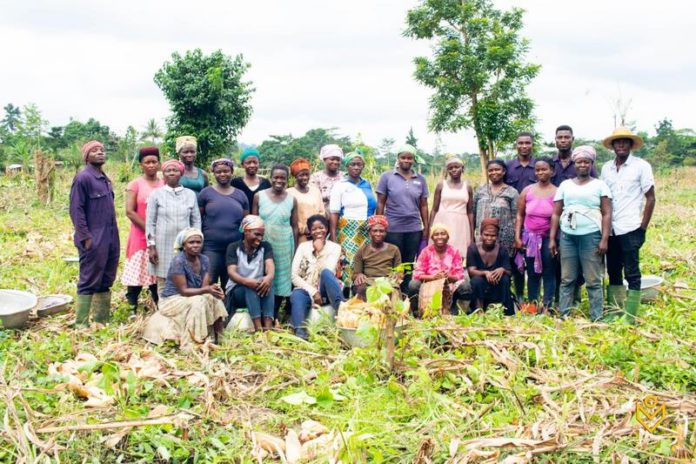The agricultural sector stands as a significant contributor to Africa’s economic development, impacting the livelihoods of approximately 60% of the continent’s population.
Within the Ghanaian agricultural ecosystem, women emerge as the unsung heroines, constituting 52% of the agricultural labor force and yielding 70% of the food crops in Ghana. Yet, economically, they benefit the least.
Just like a major part of the African continent, Ghana’s rural women and youth play an irreplaceable role in the agricultural sector not only for their communities but for the entire nation.
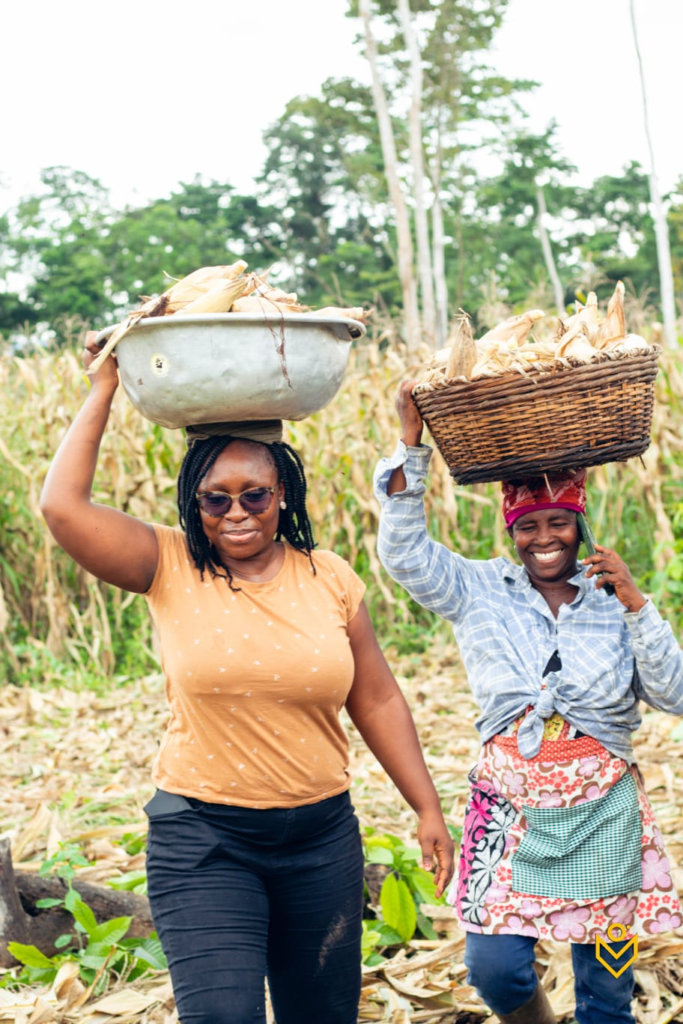
However, they are confronted with challenges, foremost being the barrier to land acquisition. Trapped in the background, often behind bureaucratic walls, these women struggle to harness their full potential.
High input costs, including hybrid seeds and fertilizers, hinder rural women and youth, confining them to seasonal farming or being at the mercies of other large-scale who often exploit them.
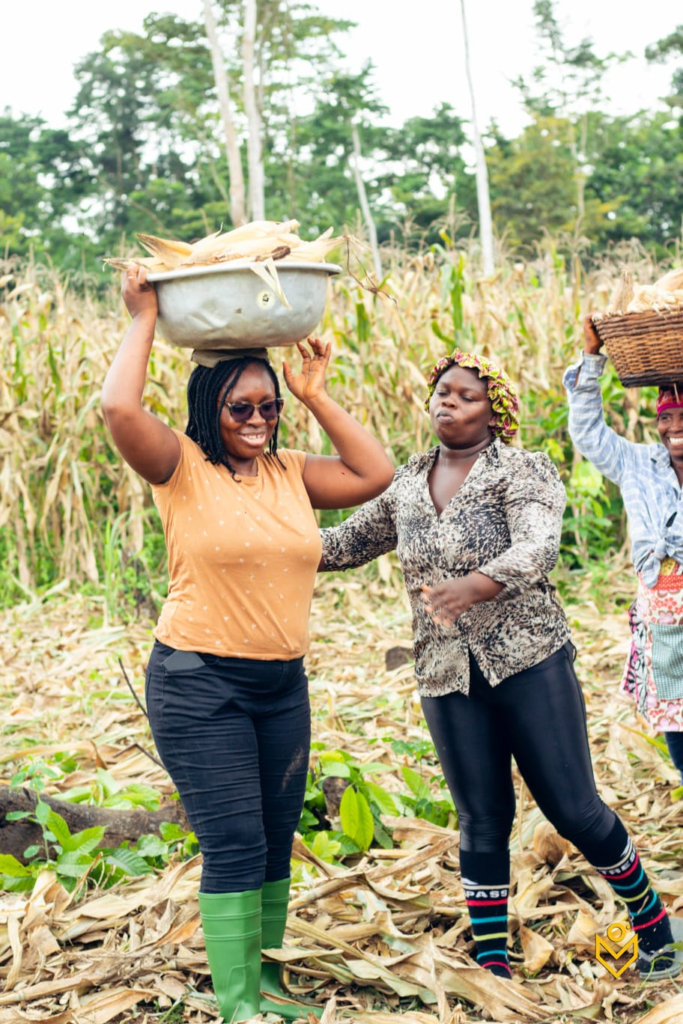
There is a need to prioritize securing land through a collaborative effort with kingmakers, government, and the private sector for women who intend to pursue farming. This could potentially reduce urban migration and unemployment. It also has the potential to enhance revenue generation of the government. Thankfully, the Youth in Agriculture Programme (YIAP) has been making efforts to contribute to this endeavor. However, more needs to be done to salvage the situation.
The financial challenge and women present another hurdle, with the high cost of inputs acting as a formidable challenge. Increasing costs of farm inputs such as hybrid seeds, herbicides, and fertilizers create a chasm, preventing these women and youth from embracing modern agricultural practices and relegating them to seasonal farming.
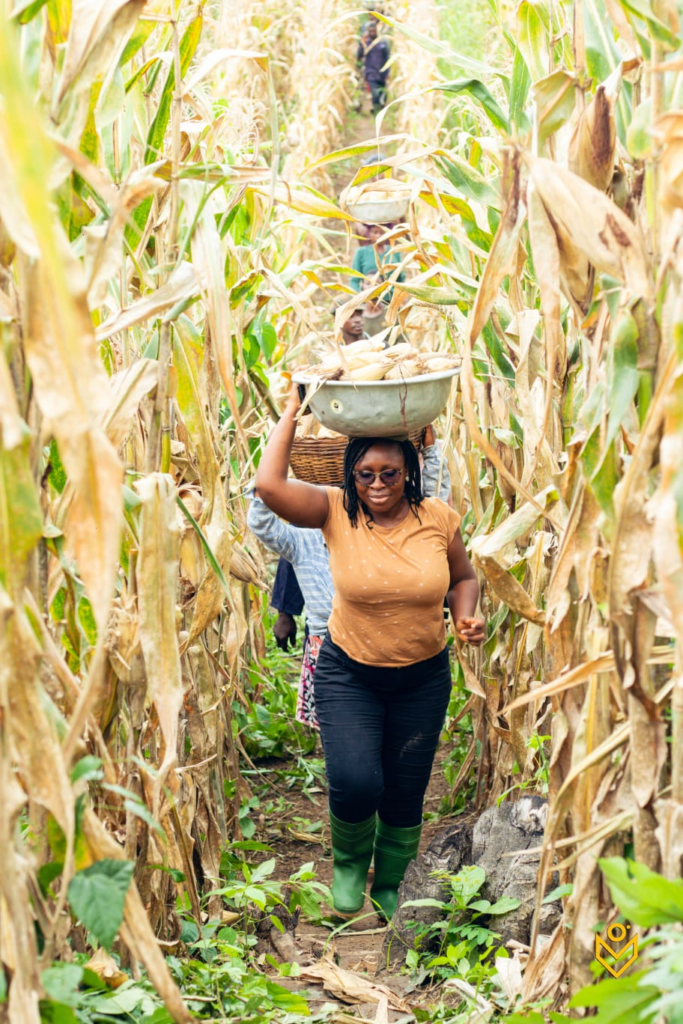
The remedy lies in a holistic approach. First and foremost, there must be a concerted effort to secure land for rural women and youth.
A bold resettlement program, allocating community lands for specific crops, can breathe life into these regions. Collaboration with kingmakers and private sectors can facilitate cost-effective land acquisition, curbing urban migration and unemployment.
Financial empowerment is the next imperative step. Subsidies or free provisions of farm inputs can enhance sustainable farming practices for these women, thereby increasing their ability to participate meaningfully in commercialized farming.
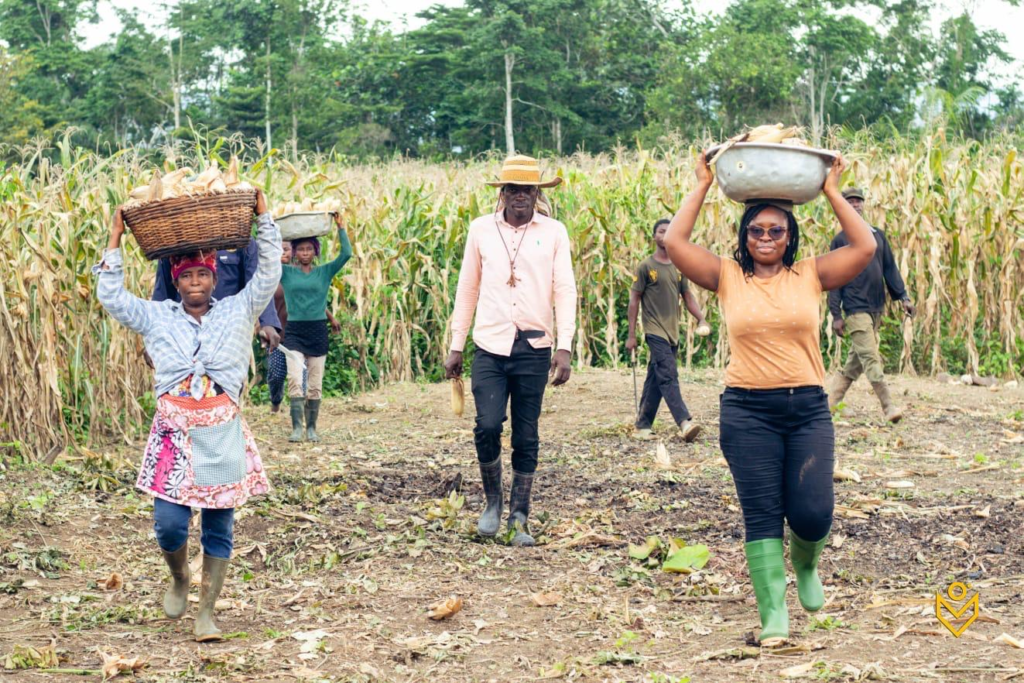
Government-backed venture capital funds can inject vitality into rural economies, creating a ripple effect that resonates through school feeding programs and enhances export capabilities.
Training programs in mechanized farming and access to technology can amplify their participation, transforming difficult tasks into manageable feats. The government’s role is pivotal here, not just as a provider but as an enabler, offering mechanized services and technical support to amplify sustainable agricultural practices.
Crucially, the voices of these primary producers must be heard in policy dialogues. Their lack of formal education does not diminish the insights they have collated from hands-on experience. Effective policy engagement, drawing on their practical insights, fortifies the entire agricultural value chain.
The recent importation statistics ring as a wake-up call with cereals and poultry products leading the chart. Ghana’s agricultural prowess should be a shield against reliance on foreign products.
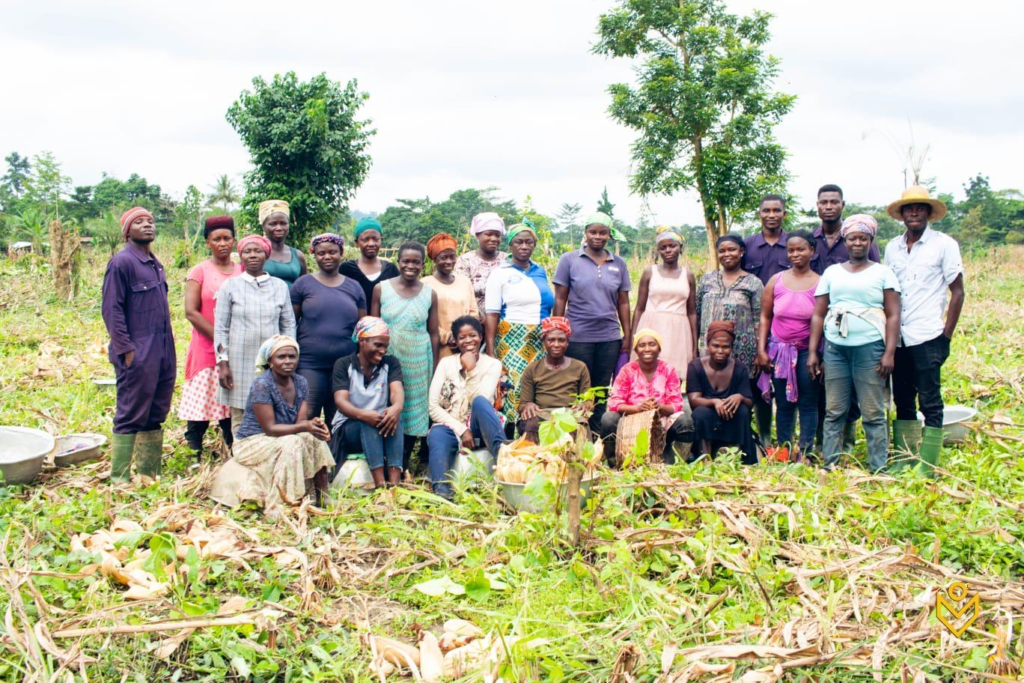
The call to action is clear: empower rural women and youth, unlock the potential of available technologies, and transform the agri-food systems. In doing so, not only does Ghana strengthen its economic foundation, but it also paints a narrative of empowerment, resilience, and prosperity for generations to come.
As we commemorate International Women’s Day 2024, let’s inspire inclusion for sustainable agriculture and food security.

